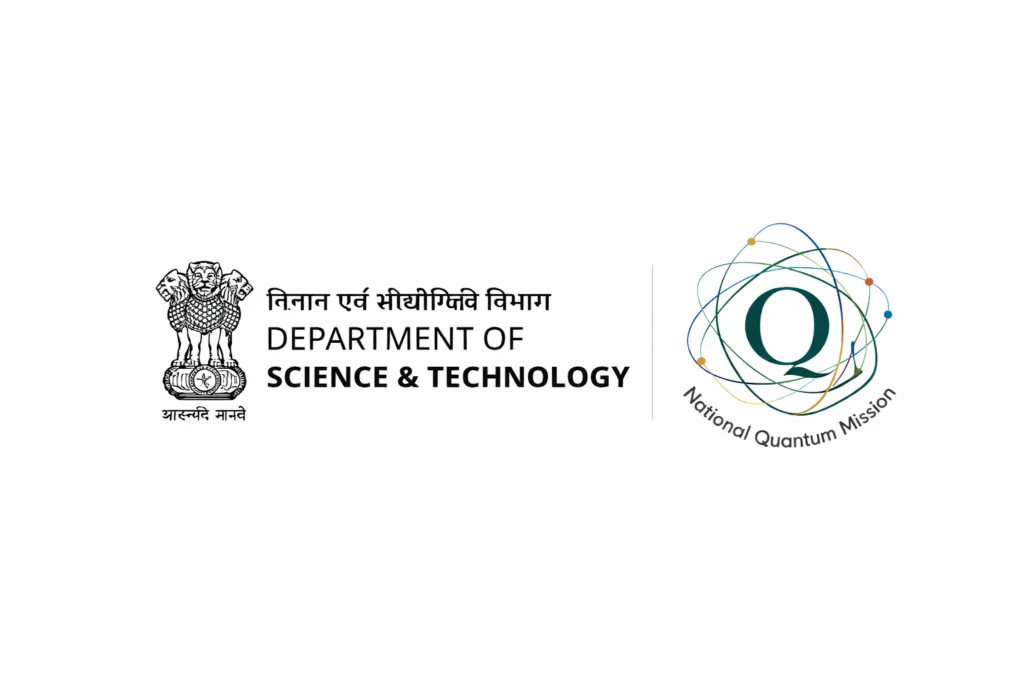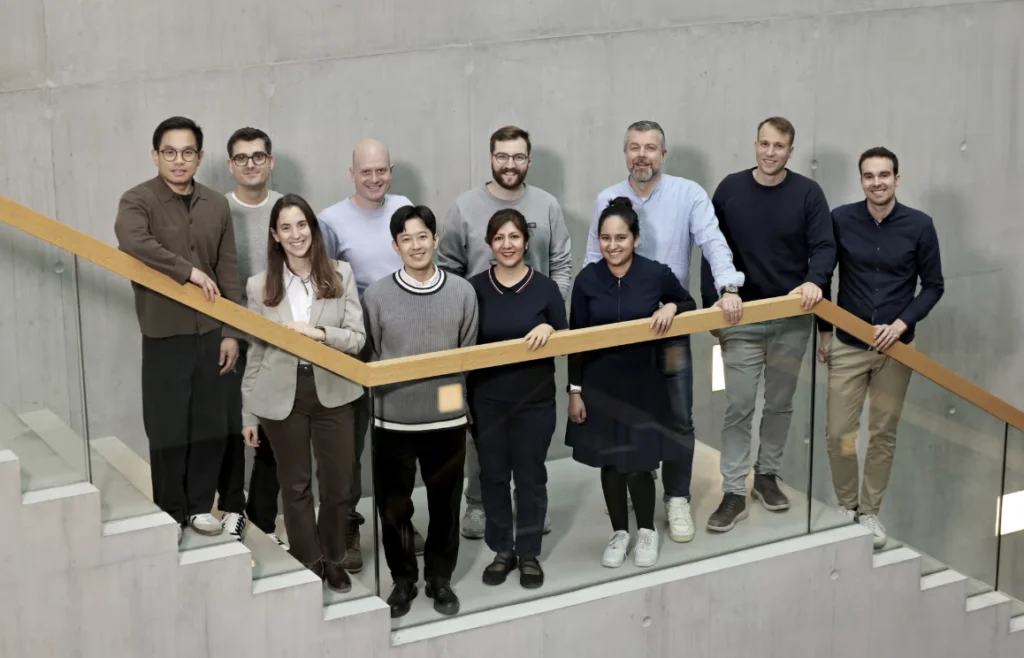Insider Brief
- Taiwan announced its goal to produce the nation’s first domestically developed quantum computer by 2027.
- The nation’s scientific leaders see quantum computing as a keystone project in developing future global tech landscapes.
- Taiwan has succeeded in connecting with IQM for establishing testing platforms in Taiwan and using IBM and Amazon quantum cloud computation services.
The National Science and Technology Council (NSTC) of Taiwan announced its goal to produce the nation’s first domestically developed quantum computer by 2027, the Taipei Times is reporting. This announcement indicates the country is taking a a significant stride in quantum, specifically and in Taiwan’s technological advancement, in general. The paper also reports this announcement emphasizes the importance of quantum computing in future global tech landscapes.
Quantum computing, regarded as the next major leap in computational power, is at the forefront of Taiwan’s scientific endeavors. Luo Meng-fan, head of the NSTC’s Department of Natural Sciences and Sustainable Development, highlighted the potential of quantum computing to revolutionize various fields by handling complex problems much more efficiently than classical computers. A Google study in July last year demonstrated this capability, where a quantum computer completed a task in seconds that would have taken a classical supercomputer nearly half a century.
However, quantum computing still faces challenges, particularly in error rates and the need for further research to achieve maturity. Luo emphasized the importance of Taiwan’s involvement in this cutting-edge technology to maintain its position in critical global technologies. The NSTC, in collaboration with the Ministry of Economic Affairs, Academia Sinica, and other research organizations, has been working on a five-year, NT$8 billion (US$258.86 million) quantum technology plan initiated in 2022 to address these challenges.

According to the article, Taiwan wants to develop a comprehensive supply chain for quantum computing components and establish Taiwan as a key player in this emerging field. Taiwanese researchers are already making strides, such as engaging with Finnish quantum computing hardware company IQM for establishing testing platforms in Taiwan and utilizing quantum cloud computation services from international giants like IBM and Amazon.
Security concerns associated with quantum computing, such as the potential for quantum computers to crack current digital encryption methods, have also been acknowledged. Luo mentioned the development of quantum cryptography as a countermeasure to these security risks. Quantum key distribution is one such technology that could safeguard against the vulnerabilities exposed by quantum computing.
At the forefront of Taiwan’s quantum research, Academia Sinica is set to trial its newly developed 5-qubit chips at research facilities later this month. Lee Chau-hwang, executive secretary of the institute’s Central Academic Advisory Committee, highlighted the importance of increasing chipset yield rates for mass production, acknowledging the challenges ahead.
If you found this article to be informative, you can explore more current quantum news here, exclusives, interviews, and podcasts.















